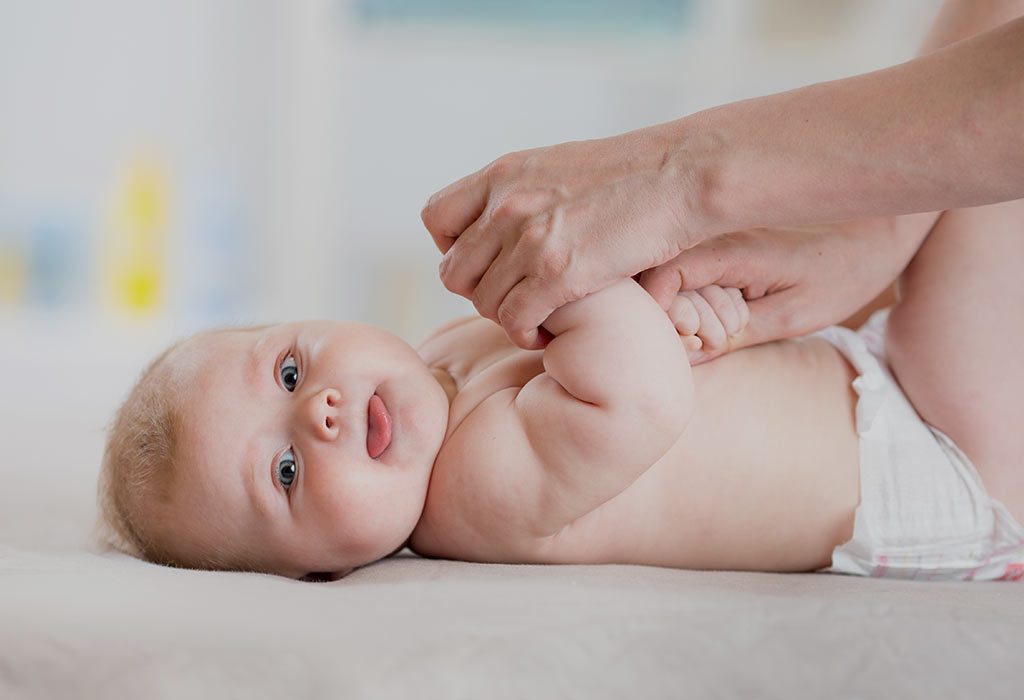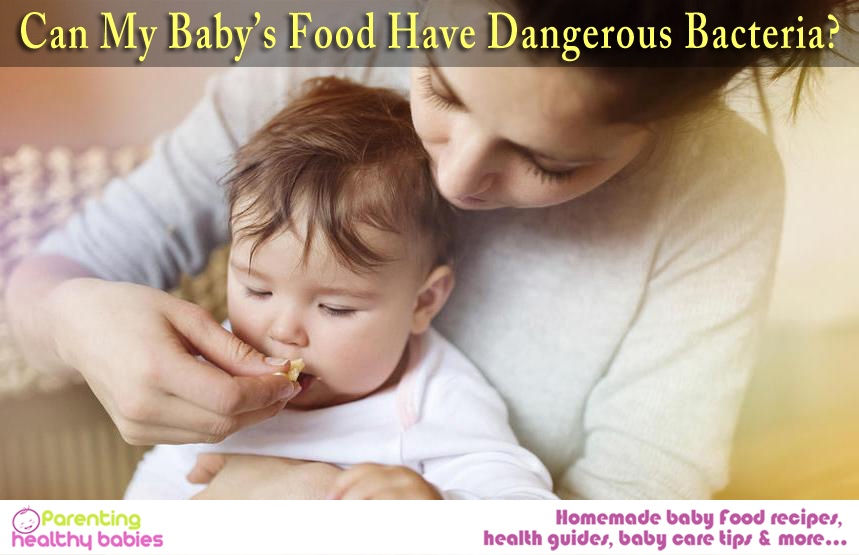You will be surprised to know that an estimated 350 million people of various ages suffer from one form of depression or another. Many of the severe cases even lead to suicide. Some of the most common symptoms of child depression include angry outbursts, severe anxiety, continuous feelings of hopelessness and sadness, changes in appetite, social withdrawal, chronic pain, changes in sleep patterns, thoughts of self harm, low self esteem, etc.
Children, same as adults, are not immune to depression and treatment can be critical, just as it is for adults. Depression may affect as many as 1 in every 10 children between the ages 5 to 16. Nearly 10 to 15% of children across the world show signs of depression. It affects about 2% of pre-pubertal children who have an episode of major depression during school. And, one in every 15 children tend to deliberately harm themselves or others.
Yes, it is true that over 8,000 children aged the age of 10 suffer from severe depression. So, how do you know if you son is just fussy and disobedient or has an underlying condition?
21 Warning Symptoms Of Child Depression you can’t miss
Recognizing depression in children is important so that you can find help as soon as possible. Here is a look at 21 symptoms of depression that you should watch out for:
- Angry outbursts: This is not uncommon children and teenagers. However, if you see irritability and anger in your child more than usual or compared to other children of their age and gender, it may be a sign that he suffers from depression.
- Anxiety: This is another major symptom of child depression. If you find that your child gets anxious even for the most minor things, it may be an indication that he has depression.
- Continuous feelings of hopelessness and sadness: Children who are depressed will not be as happy as others their age. They will feel sad most of the time and feel like their lives are hopeless and meaningless. This is a sign that you should get help for them as quickly as possible.
- Changes in appetite: You will find that there are significant changes in appetite among depressed children – either an increase or decrease. This may or may not be accompanied by significant weight loss, gaining excessive weight or problems gaining the appropriate weight.
- Social withdrawal: Children with depression often withdraw socially. They do not make friends like their peers. They will spend more time alone, away from family and friends.
- Chronic pain: Children with depression often complain about physical pain, such as headaches and stomachaches. These unexplained physical complaints will not respond to treatment. You may also notice frequent visits to the school nurse.
- Decreased energy: Loss of energy is common among children who suffer from depression. They have a tendency to avoid physical activity. Low energy levels or fatigue are symptoms to look out for.
- Changes in sleep patterns: There are significant changes in sleep patterns among children with depression. They may have difficulty sleeping or suffer from insomnia. On the other hand, they may be sleeping too much. You should keep an eye on sleep patterns if you think your child suffers from depression.
- Poor performance in school: Children with depression perform poorly in school as they feel that it has no meaning. You will find them trying to stay home from school on a regular basis and their grades dropping. They also usually have behavior problems at school.
- Clinginess: Although this is not as common as social withdrawal, there can be clinginess. They will cling to a parent or become more dependent on certain relationships.
- Sensitivity to criticism: Children with depression tend to be highly sensitive to criticism. There is also a significant increase in sensitivity to other negative experiences and have a fear of rejection.
- Thoughts of self harm: Many children who suffer from depression think about harming themselves. They also tend to engage in reckless behavior. You will find that they tend to behave in ways that are potentially harmful to them. Some may even have thoughts of suicide.
- Inability to concentrate: Whether it is school or extracurricular activities, you will notice that children with depression have problems with concentration. They are sometimes unable to focus on even the simplest tasks.
- Regression: If your child suffers from depression, you may notice that he acts younger than his actual age. Or he may act more immature than he used to. Regression is a common symptom of child depression and is one that you should look out for.
- Vocal outbursts: Children with depression have a tendency to cry more often or more easily. Vocal outbursts and frequent bouts of crying are one of the behavioral problems that many parents of children with depression report.
- Inability to experience excitement or pleasure: Another common sign of child depression is a lack of excitement or pleasure from activities they used to enjoy. Loss of interest in hobbies, sports and other activities is common among children with depression.
- Physical retardation or agitation: One of the physical signs of childhood depression is retardation or agitation. For example, you will notice a lot of restlessness. Your child could also feel slowed down when he takes part in physical activities.
- Acting out: One of the common behavioral problems that children with depression is a tendency to engage in more risk-taking behaviors. They act out and many times, this even affects their school. They often become defiant and destructive.
- Persistent boredom: As mentioned earlier, children who suffer from depression do not take pleasure in many activities. They are continuously bored with everything, whether it is at home or school.
- Memory loss: Many children who suffer from depression experience loss of memory. They are sometimes unable to remember what they did even just a few hours back. This is one of the signs you need to look out for as it could be an indication that your child has depression.
- Low self worth: Children with depression have feelings of worthlessness. Due to their low self worth, they often have suicidal tendencies. They often feel like everyone would be better off without them.
Not all children have all these symptoms. In fact, many of them will show different symptoms at different times. Keep in mind that children with depression may see the world in a very negative way as the mental disorder shapes their experiences. The good news is that professional help is effective. Depression can be treated successfully in over 80 percent of people who are affected by this disorder. However, if left untreated, it can turn fatal, so make sure that you watch out for the symptoms of depression and get help as quickly as possible to save your child’s life.













